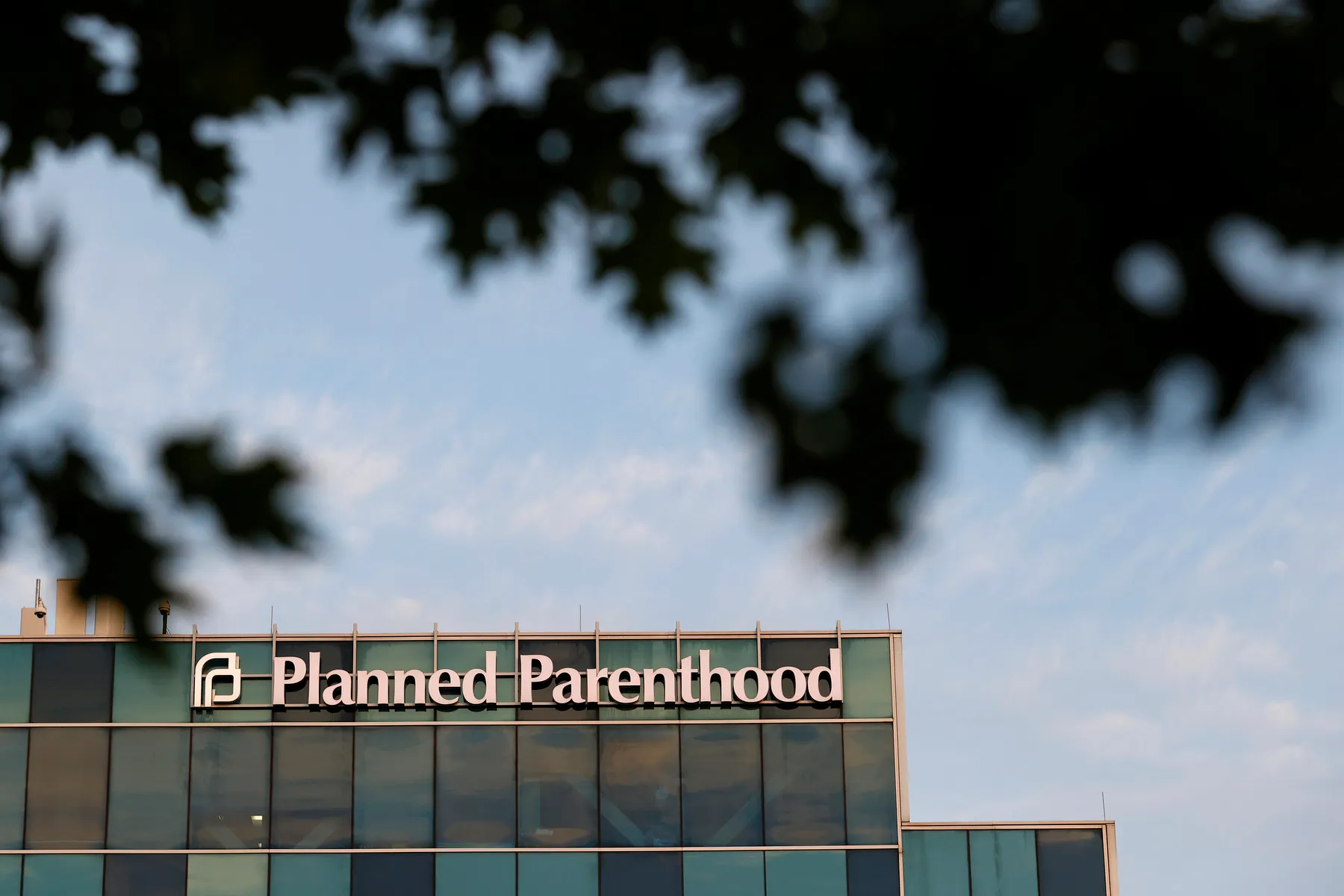In its first abortion case since President Donald Trump’s reelection, the Supreme Court will hear arguments next week about whether states can bar Planned Parenthood from receiving Medicaid funds — which could further the administration’s goal of “defunding” the nation’s largest family planning provider.
Medina v. Planned Parenthood South Atlantic concerns an order from South Carolina Gov. Henry McMaster, who in 2018 said any clinic that provided abortions could not participate in the state’s Medicaid program. Lower courts have blocked McMaster’s order from taking effect. But if implemented, the state policy could seriously undercut South Carolinians’ access to reproductive health care and create a template for other states to emulate.
Medicaid, the health insurance program for low-income Americans disproportionately serves Black and Latinx people. It does not cover abortions in most states, including in South Carolina, where just under 60 percent of beneficiaries are not White. Federal law dictates that people who receive Medicaid — more than a million in South Carolina, and about 400,000 of whom are women between the ages of 15 and 44 — are allowed to use it at any qualified health care provider that accepts the insurance plan.
Cutting Planned Parenthood from Medicaid could have big impacts: Planned Parenthood clinics provide other forms of medical care, such as testing for sexually transmitted infections, cancer screenings and birth control services, all of which Medicaid is supposed to cover. Medicaid is the most common source of insurance for patients who seek health care at Planned Parenthood clinics. Without Medicaid reimbursement, the clinics — which operate with thin financial margins — would likely either have to turn patients away or charge them.
The oral arguments — in which the federal government has joined the case as a friend of the court to argue alongside the state in defense of the policy — in this case come at a complex moment for the future of reproductive health care more broadly. Backed by anti-abortion activists, Trump has pushed an agenda of ending federal funding for Planned Parenthood, the vast majority of which comes from Medicaid.
Abortion opponents have called this policy “defunding,” even though it would not affect private money given to Planned Parenthood, and it would cut revenue sources that don’t actually pay for abortion. Still, it could inject new financial instability for Planned Parenthood and other similar health centers.
A report this week from The Wall Street Journal suggested that the Trump administration is considering freezing all funding to Title X, another federal program that supports family planning clinics services for low-income people. Planned Parenthood is the largest single Title X provider.
With the exception of medical emergencies, health facilities aren’t required to accept Medicaid, meaning that people covered through the program can struggle to find health care providers who take their insurance.
Research from George Washington University suggests that almost 40 percent of all counties in South Carolina are “contraceptive deserts” where there aren’t enough providers to serve all people in need.
But the impact would likely extend even beyond areas where reproductive health care is hard to attain, denying people in all parts of the country the right to choose who provides an intimate, essential form of health care, said Sara Rosenbaum, a professor emerita of health law and policy at George Washington University who co-authored a brief arguing that the Supreme Court should reject South Carolina’s policy.
“I don’t care if you’re in rural South Carolina or downtown St. Louis, Missouri. There are certain services where if it’s a good quality provider, and this is the provider you prefer, it’s very important to be able to see a trusted provider,” she said.
Public health professionals have warned that upholding South Carolina’s policy could open the door to states discriminating against other qualified medical providers, deciding arbitrarily that patients cannot use their Medicaid coverage at certain health clinics. That could include refusing to let Medicaid cover a certain home care provider because of its stance on unionization, Rosenbaum suggested, or because of employees participating in protests.
And it could influence other states with anti-abortion government leaders. Already, three other states — Arkansas, Missouri and Texas — are enforcing laws that disqualify Planned Parenthood from participating in Medicaid, even though abortion is illegal in two of those.
“If the Supreme Court decides that Medicaid recipients cannot fight back in court when the South Carolina Department of Health and Human Services prevents them from freely choosing their health care provider, the effects could ripple far beyond South Carolina,” said Amy Friedrich-Karnik, director of federal policy for the Guttmacher Institute, which supports abortion rights but whose research is cited across the political spectrum.
A 2015 analysis from the Congressional Budget Office estimated that eliminating all federal funding for Planned Parenthood would mean fewer Americans receiving family planning care — and more people having unplanned pregnancies — even if other health care providers tried to step in. The government analysis, conducted before the overturning of Roe v. Wade allowed states to ban abortion, found that eliminating federal funding would increase federal spending by $130 million over nine years.
“If you pull back Medicaid funding… then they become nonviable, which is the whole point,” Rosenbaum said. “The public health effects of all this are horrendous.”






